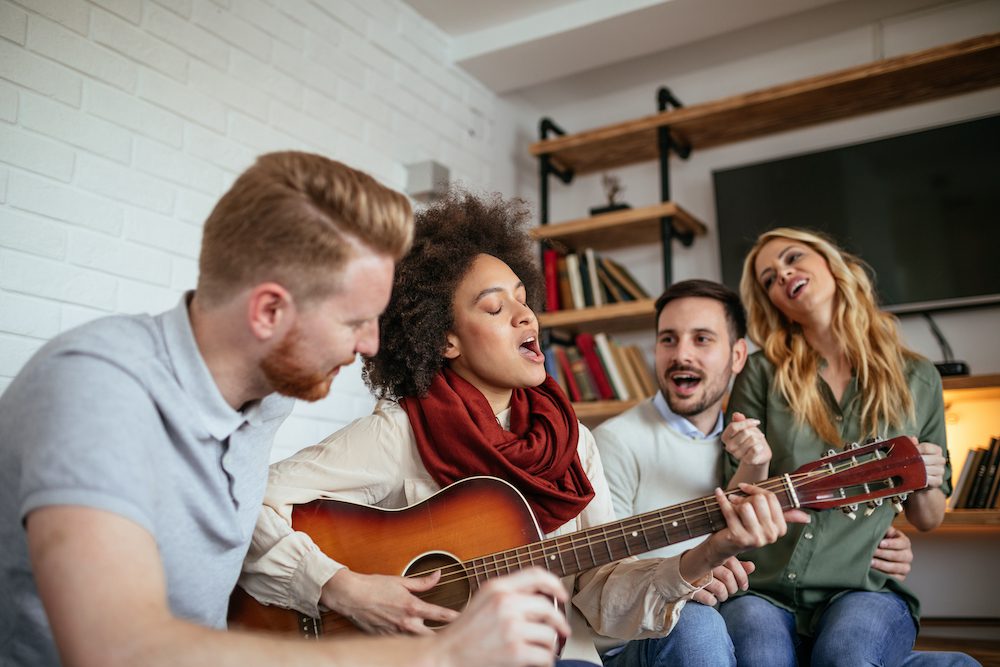
When you think of a hobby it is typically something you enjoy, something that gives you great pleasure. But have you ever stopped to think that the hobby you love so much could be causing you harm? Unfortunately, such hobbies do exist.
Hobbies that involve loud noises can result in an unwanted and unexpected hearing loss, as a result. Moreover, hobbies that can see debris or the external environment, such as water entering and affecting the ear could also cause unforeseen damage to the workings of the ear.
The good news is if you partake in any hobbies that are likely to have this consequence there are steps you can take to protect your ears, namely wearing ear protection. Ear protection typically comes in the form of earmuffs, headphones or earplugs that sit in or on top of the ear. The aim of the protection is to prevent foreign bodies from entering the ear or to reduce noise levels to a safe threshold.
If you are unsure if your hobby could be causing harm to your ears then it is always recommended that you seek the advice and guidance of a hearing healthcare professional. In the meantime, here is a list of hobbies that require the use of ear protection.
Swimming
There are many reasons swimmers should wear ear protection that extend beyond the annoyance of getting water in your ears. Wearing earplugs when swimming is essential for protecting the health of your ear and your hearing.
First and foremost, earplugs are a great defense against ear infections and the chances of developing an infection increase considerably when swimming. So much so, you may have heard the term swimmer’s ear, which is an infection caused by water entering the year. Ear infections can be unpleasant and painful and if left untreated can cause serious complications, including hearing loss.
Carpentry and Do-it-Yourself (DIY)
Home renovation projects, building or upcycling furniture or any DIY task that involves the use of power tools such as drills could put you at risk of hearing loss, regardless of your skill level. This risk is increased if this is something you undertake on a regular basis.
Power tools commonly used in DIY or carpentry projects typically exceed 85 decibels, which is the threshold for when damage can occur. So, if you tend to spend a couple of hours working with these types of tools it is always advised you err on the side of caution and protect your ears.
Musicians and Attending Live Music
The feel-good effect of playing your favorite instrument or singing along to your favorite band is undeniable. It can lift your mood, get the adrenaline pumping and can-do wonders for your mental health. That said, regular exposure to loud music can also damage your ears.
You can limit your exposure to the volume levels by trying to stand away from speakers or the source of the sound. Alternatively, consider using ear protection that can lower the volume but still allow you to make the most of the music and atmosphere.






